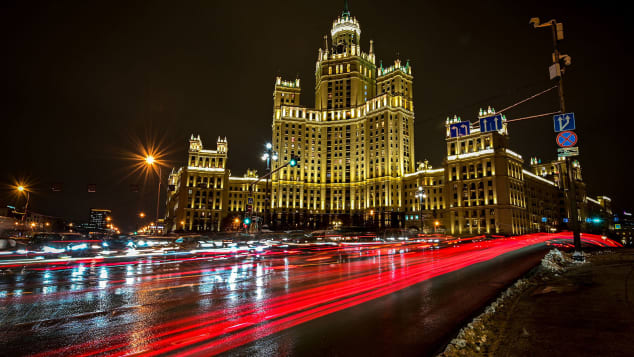(CNN) — From professional sports to Hollywood to food and beverage, a wide range of industries have announced boycotts, bans and other forms of retaliation against Russia in response to its violent invasion of Ukraine.
Now, the travel sector is starting to take action, too.
Cruise lines, including prominent brands like Carnival, tour operators and various industry organizations have announced plans to cancel upcoming tours in Russia and also restrict participation of Russian entities in their business dealings.
These developments come on the heels of continued upheaval in air travel, as the European Union, Canada and Moscow all issued reciprocal airspace bans this week. In his State of the Union speech on Tuesday, President Joe Biden also announced the US will be closing its skies to Russian aircraft.
Not surprisingly, Russia’s travel industry is responding in kind. On Tuesday, its Federal Tourism Agency recommended for its citizens to avoid visiting countries that have imposed sanctions on Russia and advised tour operators to suspend sales of tours to such countries.
Meanwhile, many prominent tourist landmarks and monuments have glowed with the yellow and blue colors of the Ukrainian flag, adding to the momentum from massive protests around the world. On a smaller scale, at least one major travel brand — booking platform Kayak — has added Ukraine’s national colors to its digital logo.
How such moves will impact Russia’s tourism sector, which brought in about $84 million in 2019, remains to be seen. For now, though, some industry leaders say a united, industry-wide show of support is crucial.
“Most tourism corporations, including ours, see our mission as being global ambassadors of cultures,” Catherine Chaulet, president and CEO of Global DMC Partners, a network of independently owned destination management companies, told CNN Travel via email. “In a time of war, it is even more important to share the history, values and stories of those affected. More than ever, our role today is to share and protect what unites us, not what divides us.”

